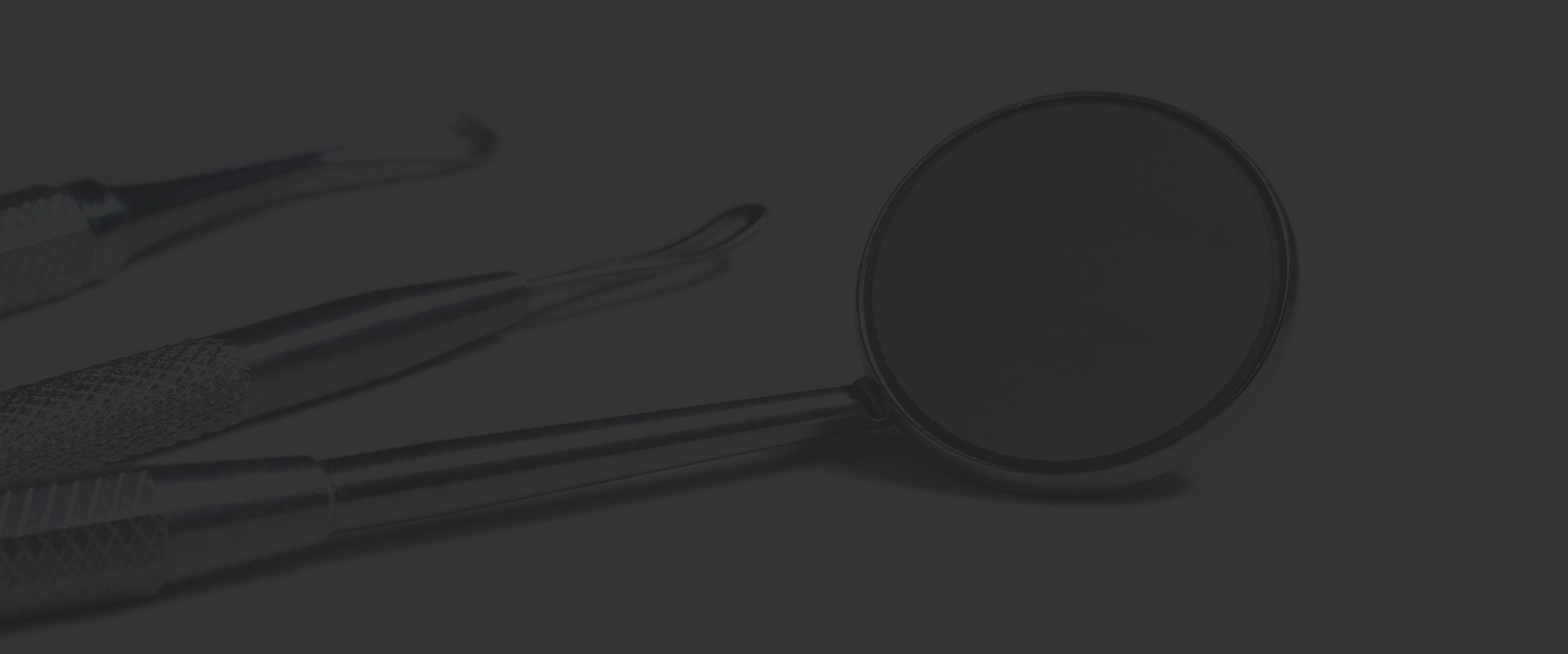Any injury to the teeth or gums can be serious and should not be ignored. Understanding what types of oral health issues require emergency dental care can help you stay calm in serious situations and protect your oral health. It can also help you avoid unnecessary trips to the emergency room. Some oral injuries require immediate treatment, such as a knocked-out tooth, while others can wait until normal business hours. For example, there is no need to rush to urgent care over a lost filling.
What to Do For a Knocked-Out Tooth
Knocking out a permanent tooth is one of the most serious dental emergencies. If you act quickly, there is a good possibility of saving the tooth. Your dentist needs to replace the tooth in the gums as soon as possible after the injury so that the bone can reattach to the tooth root.





